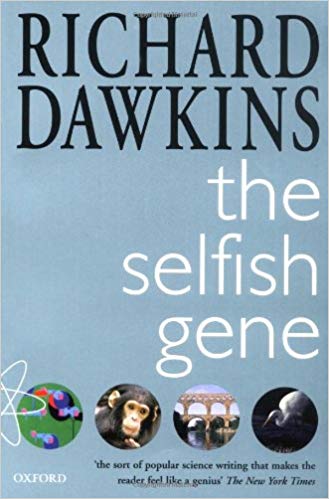 When researchers went to get a look at a cape cobra snake fight, it turned out to be one cobra swallowing another. They named the newly well-fed study animal NN011, otherwise “Hannibal.”
When researchers went to get a look at a cape cobra snake fight, it turned out to be one cobra swallowing another. They named the newly well-fed study animal NN011, otherwise “Hannibal.”
Apparently, “Diner, meet Dinner!” is not an uncommon relationship among cape cobras so a study of the details ensued:
Snake-eating, they found, was common among five of the six species studied, accounting for 13 to 43 percent of the cobras’ diets.
Four per cent of the snake dinners eaten were of the same species as the diner. One researcher reasoned,
In all the cannibalism events that the researchers witnessed themselves, both the eater and the eaten were males, leading them to suspect that this behavior may be a male-only trait. More research will be needed to determine if that’s true. But if it is, Maritz says, “I could see it playing a role in competition for resources or mates. What better way to get ahead in life [than to] eat the guy who is taking your food and mating with females that you might want to mate with?”Sarah Zielinski, “How a snake named Hannibal led to a discovery about cobra cannibalism” at Science News
Hmmm. If you read the story, you will note that researchers were surprised to learn how common cannibalism was among cobras and they had only witnessed a few events. Because those events involved only males, it was theorized that “this behavior may be a male-only trait.” If it is, then it is an argument in favour of the idea that the snake’s genes behave in such a way as to conserve and reproduce themselves. We would then need to figure out how they “know” how to do so.
But if it turns out that hungry females will eat other females, does that count against Maritz’s informal hypothesis? That is, can we determine that a selfish gene hypothesis is explicitly not correct? Or is it the sort of thing for which there can only be evidence in favor, never against?
Follow UD News at Twitter!
See also: Caterpillar “turns into” a snake Has anyone done probability calculations (not rhetoric or theorizing) for purely random evolution for this, via natural selection acting on random mutation (Darwinism)?